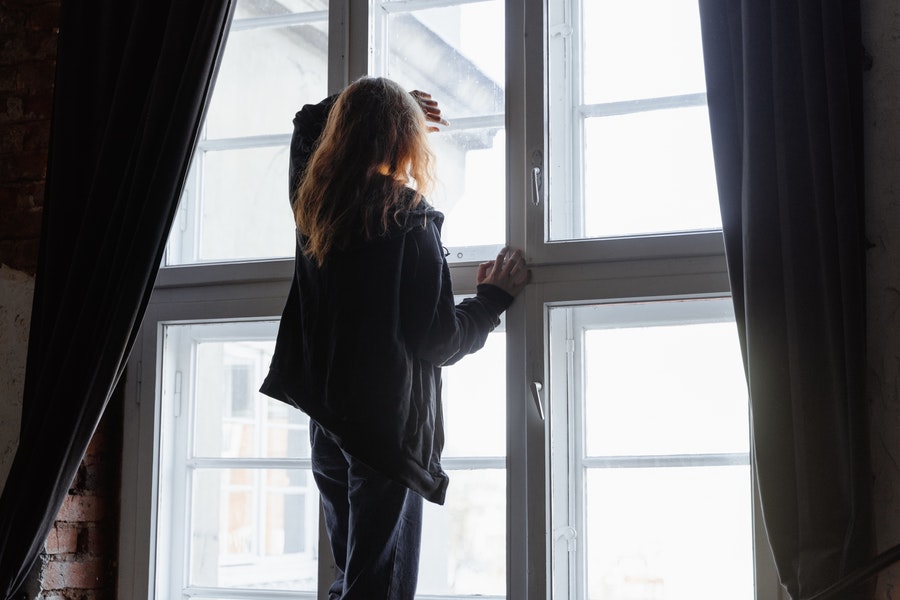If you have been feeling dislocated and alone, you’re in good company. Loneliness and feelings of isolation have been dramatically elevated during the last year of pandemic lockdowns and quarantines. Feelings of being detached, alone, and isolated are also common in depression and anxiety disorders. In fact, many people who live with depression report that feelings of being separated from others, of feeling unable to be a part of the regular flow of life, are among the most painful symptoms. In that case, how can you tell the difference between being lonely and having a depressive disorder?
Perhaps the easiest way of distinguishing loneliness from depression is that depression takes over a person’s life and interferes significantly with their ability to lead a satisfying life. Depression can pose a threat to someone’s life. Loneliness is an emotion that people with or without depression may experience.
Mental health disorders like depression and anxiety may cause people to deliberately isolate themselves from others, even though they crave the company of other people. Social withdrawal is a common symptom of depression and often the first sign of depression people notice when a friend or other loved one becomes depressed. This isolation may develop out of a fear of rejection due to the stigma of mental illness, or in the case of anxiety disorders, a fear of losing control in a social setting.
People with social anxiety and post-traumatic stress disorder (PTSD) are also prone to loneliness as the disorders prompt people to isolate out of a need for control of their environment for their own safety. In social anxiety, the fear of being judged harshly in public is so strong in those with social anxiety that they may isolate themselves from others most of the time rather than risk a negative experience.
Breaking out of social isolation can be a real challenge. Like all behaviors, it can become a habit and may take considerable effort to undo. Consider these tips to become less isolated:
- Identify the causes of your isolation or loneliness. This can be challenging. Sometimes, the best way to discover this is to work with a mental healthcare professional who can help you uncover the roots of your isolation. If you experience panic attacks in social settings but not during other occasions or when alone, seeking a professional is the best approach.
- Reach out online. During the pandemic, millions of people have learned the value of establishing a social presence online. True, the world of social media can be toxic in excess, but it can also be very useful in practicing reaching out to new people.
- Make plans and keep them. Often people who are chronically lonely make plans and then feel resentful or disinterested in those plans when the time for them arises. Although it’s contradictory, people who suffer from social isolation often cancel plans with others. When you make plans, keep them.
- Know your symptoms. If you’re feeling chronically detached from life, have lost interest in once-beloved activities, and are overwhelmed with persistent feelings of sadness, you may have a depressive disorder. Depression is highly treatable with excellent recovery potential, but it’s best treated by working with a mental healthcare professional.
If you’re feeling socially isolated and want to make changes, Damaris Aragon, ARNP, BC provides a full spectrum of mental health care to people in Spokane, Washington, and surrounding areas. She focuses on providing personalized, compassionate care that adheres to current evidence-based standards. Reach out to Damaris through her contact page or calling 509-342-6592.






